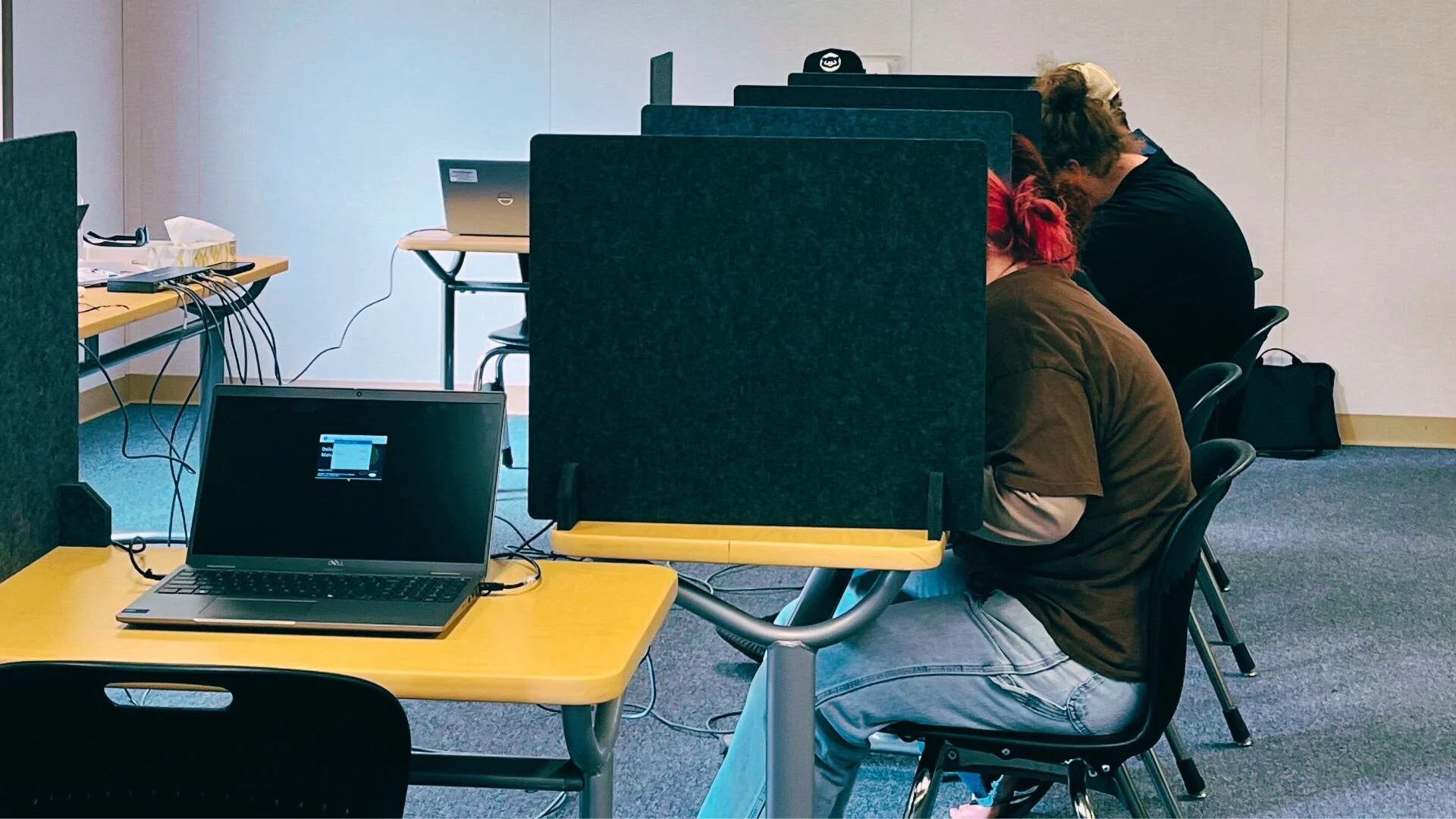Indigenous group buys 63 acres in proposed prison site, offers different vision for E. KY land
Published 12:50 pm Friday, January 24, 2025

- Sourced from the Appalachian Rekindling Project website.
|
Getting your Trinity Audio player ready...
|
Kentucky Lantern
By Liam Niemeyer
An Indigenous group seeking to restore and reclaim Appalachian land recently purchased 63 acres within the boundaries of a proposed federal prison in Letcher County with the support of a coalition of groups opposing the prison project.
Trending
The Appalachian ReKindling Project (ARP), which describes itself as an Indigenous, women-led community building and land restoration group, purchased the land “to provide an alternative to the harms of incarceration” by restoring the former strip mine land through “Indigenous land rematriation practices” according to a release.
That vision for the land, according to the co-executive director of ARP who grew up in Letcher County, had to be something that was “going to invite our community to be a part of the work and “have an economically thriving option.”
“As someone from Letcher County, I know that people are desperate for job opportunities, and I felt like it was very important as we drafted our plans to be sensitive to the fact that we can’t take something away without putting something in this place,” said Tiffany, the co-executive director of ARP, in an interview. She asked only her first name be used for personal reasons.
ARP received financial support for the purchase through a coalition of local and national activists, called Building Community Not Prisons, who oppose the construction of a prison in Letcher County. The Institute to End Mass Incarceration, a national legal program a part of that coalition, helped facilitate the land purchase.
Analysts with the progressive think tank Kentucky Center for Economic Policy have pushed back on those economic development arguments, pointing to other Eastern Kentucky counties with prisons that have seen economic and population declines.
A spokesperson for Rogers’ office did not immediately respond to emailed requests Thursday for comment about the land purchase. Rogers, in his 23rd term in the U.S. House, is on the powerful House Appropriations Committee and leads a subcommittee overseeing funding for the U.S. Department of Justice which includes funding for federal prisons.
A different vision for the land
Trending
Rogers has been working since 2006 to bring a prison to Letcher County and seemed to have succeeded in 2018 when the Federal Bureau of Prisons approved construction of a high-security penitentiary and prison camp on a former surface mine in Roxana, saying it would relieve overcrowding of federal prisons in the Mid-Atlantic region. But the first Trump administration killed the project, pointing to the more than $500 million price tag as “wasteful spending” along with a decline in the number of prisoners.
The proposed prison project resurfaced in 2022 when the Federal Bureau of Prisons (FBOP) launched a process to determine the environmental impacts of a medium-security prison in the county to house 1,152 people adjacent to another federal prison facility.
The Federal Bureau of Prisons then issued an environmental impact statement for the renewed prison project as required by federal law. Louisville Public Media previously reported the statement found the building and operation of the prison would require excavation that alters streams and wetlands, changes topography and displaces wildlife including some protected species. The statement, according to the public radio station, also included federal plans to mitigate those impacts, which activists against the prison say they weren’t consulted on.
In October, the prisons bureau issued a record for decision for the proposed prison site, essentially starting the process of acquiring land for the prison. An FBOP spokesperson in an email said FBOP representatives have not contacted local landowners yet about acquiring land.
Joan Steffan, an attorney for the Institute to End Mass Incarceration, said activists don’t know yet how the land purchase will affect the project moving forward or whether the government could use eminent domain to acquire the newly purchased land for the prison. But she said based on local feedback, the Indigenous group’s vision for the land was “the kind of development that people in the region want and really need.”
Tiffany with the Appalachian ReKindling Project told the Lantern that vision — as contrasted with building a prison that would “do great harm to land that has already been harmed” — includes protecting native species and returning bison to the land. Bison once roamed from Eastern Kentucky to Canada.
Tiffany said preservation of the land could lend itself to tourism associated with the bison and selling bison meat to local restaurants. Suitable trees and plants could be planted to fortify the land from mudslides amid future flooding. The fur from bison could be used for fiber arts.
Sellers of the land within the prison site bought into that vision after long, in-depth conversations, she said.
“There will need to be lots of jobs in the work, in care of the bison,” Tiffany said. “There are so many different ways that people can have good paying jobs that don’t necessarily mean that they have to be inside of a prison all day.”
Tiffany said the group intends to move forward with their plans for the land, no matter if the land purchase spurs “a fight” in the months ahead. A release from the groups noted the area that now is Letcher County was previously occupied by the Shawnee, Cherokee and Yuchi Tribes before those peoples were forcibly removed.
“Beyond land ownership — which we have, we paid for it — but beyond that, we also have a historical claim to this land that very few people do. And so we intend to make the world aware of that should it be attempted to be taken,” Tiffany said.




